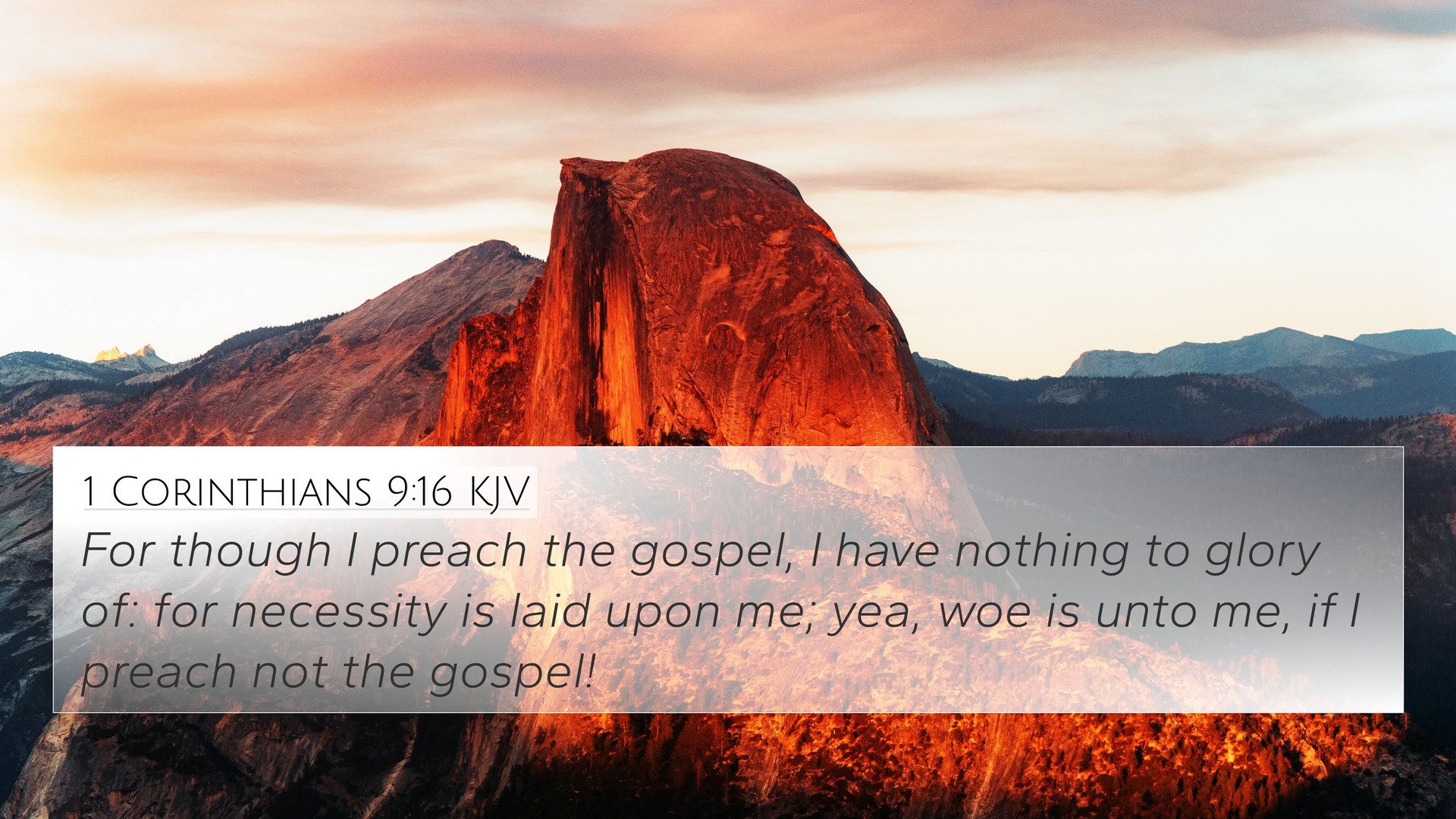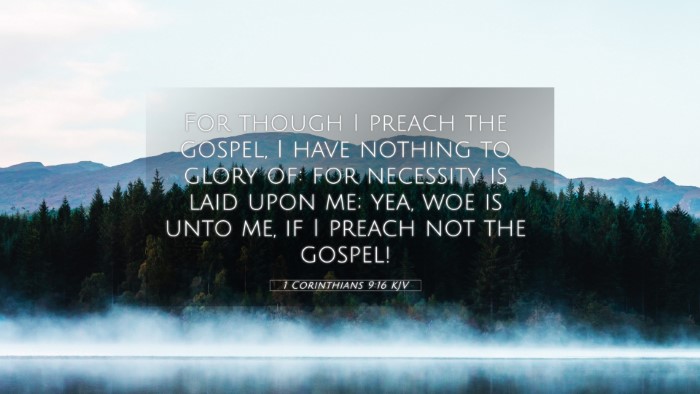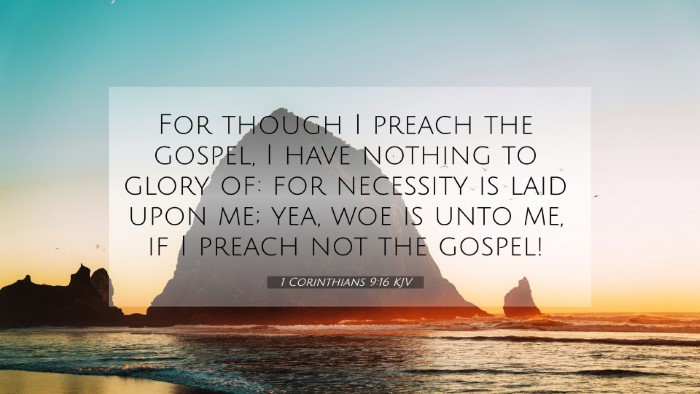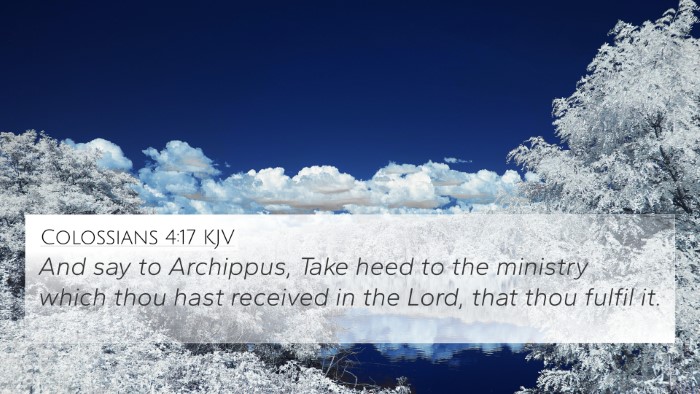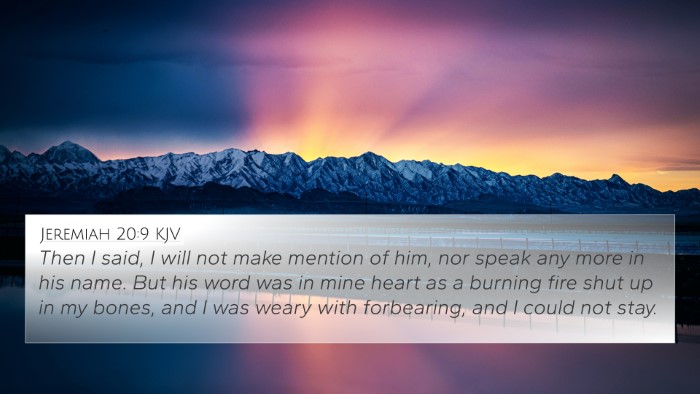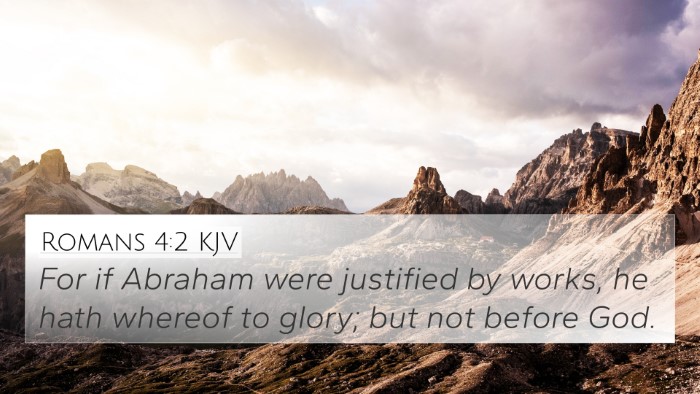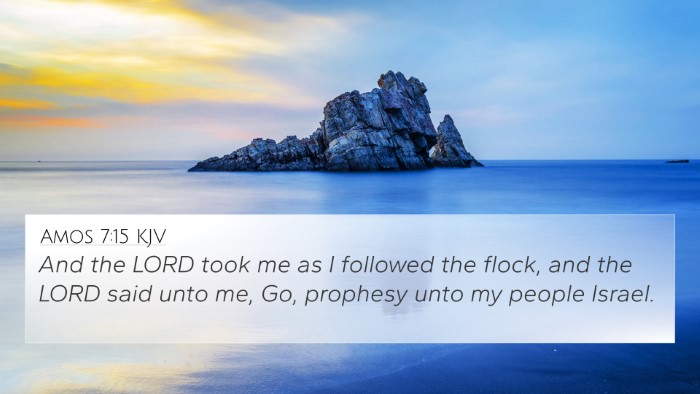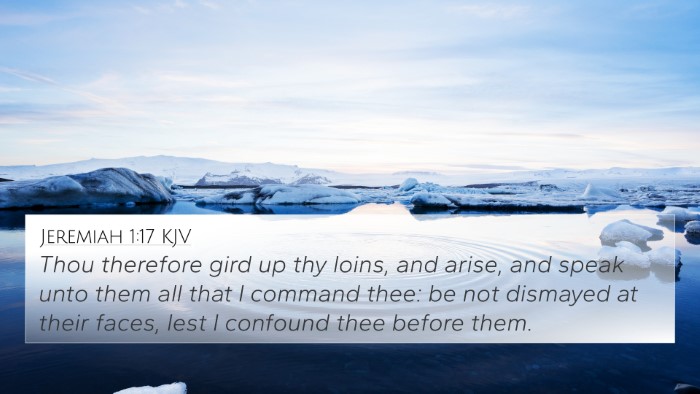Understanding 1 Corinthians 9:16
Verse: "For if I preach the gospel, I have nothing to boast of, for necessity is laid upon me; yes, woe is me if I do not preach the gospel!" (1 Corinthians 9:16)
Meaning and Interpretation
This verse captures the apostle Paul's profound sense of duty and urgency regarding the proclamation of the Gospel. Commentators collectively emphasize several critical aspects of this passage.
1. The Burden of Preaching
Matthew Henry notes that preaching the gospel is more than a privilege; it is a divine obligation. Paul feels compelled by a divine necessity that overrides his personal desires and ambitions. This illustrates the seriousness with which he views his calling.
Albert Barnes elaborates that the phrase "necessity is laid upon me" indicates that Paul perceives preaching not just as a task but as a mandate from God. He cannot shun this responsibility without facing consequences.
Adam Clarke highlights that the use of "woe" underscores the dire spiritual repercussions for Paul should he fail in his mission. His calling to preach is not merely optional; it carries with it profound implications for his own spiritual state and the fate of others.
2. Motivation Behind Preaching
Henry indicates that this sense of necessity is driven by Paul’s passionate belief in the importance of the Gospel. The urgency stems from the reality of spiritual lostness and the need for salvation among humanity.
Barnes emphasizes that Paul's lack of personal gain in preaching is another key aspect. He states that boasting about preaching the Gospel is unwarranted since it is ultimately a service to God that he must fulfill without pride.
3. Connections with Other Scriptures
This verse transcends its immediate context, resonating with several other Biblical texts that emphasize the importance of spreading the Gospel. Below are key cross-referenced verses:
- Matthew 28:19-20: The Great Commission commands believers to go and make disciples.
- Romans 1:14: Paul expresses a similar sense of obligation towards all, both Greeks and non-Greeks, to preach the Gospel.
- 2 Timothy 4:2: Paul urges Timothy to "preach the word" as a charge to all believers.
- Isaiah 6:8: The prophet Isaiah responds to God’s call, demonstrating the prophetic tradition's continuity in mission.
- Acts 20:26-27: Paul asserts his duty to declare the whole counsel of God, reinforcing his accountability in preaching.
- 1 Thessalonians 2:4: Acknowledges the divine trust placed upon him to share the Gospel.
- John 4:34: Christ also emphasizes the necessity of completing God's work, further underscoring the passion and urgency of Gospel proclamation.
Theological Themes
This verse, and its broader implications in Pauline theology, raises essential questions regarding the nature of Christian ministry:
- Divine Calling: What does it mean to be called into ministry, and how does one discern this calling?
- Consequences of Silence: The implications of not sharing the Gospel—how might this affect others’ spiritual journeys?
- Nature of Service: Understanding the humility and selflessness required in Gospel proclamation.
Practical Application
Ultimately, 1 Corinthians 9:16 calls every believer to reflect on their role in sharing the Gospel:
- Personal Responsibility: Each Christian is encouraged to find their sphere of influence and share their faith.
- Community Engagement: Understanding that the church collectively bears the responsibility to preach the Gospel.
- Spiritual Awareness: Staying vigilant and aware of opportunities to share the message of Christ.
Conclusion
1 Corinthians 9:16 serves as a powerful reminder of the urgency and necessity of preaching the Gospel, encouraging believers to reflect on their own commitments to sharing their faith. Through the insights of renowned biblical commentators, this verse is richly contextualized within both its immediate passage and the larger narrative of Scripture.
